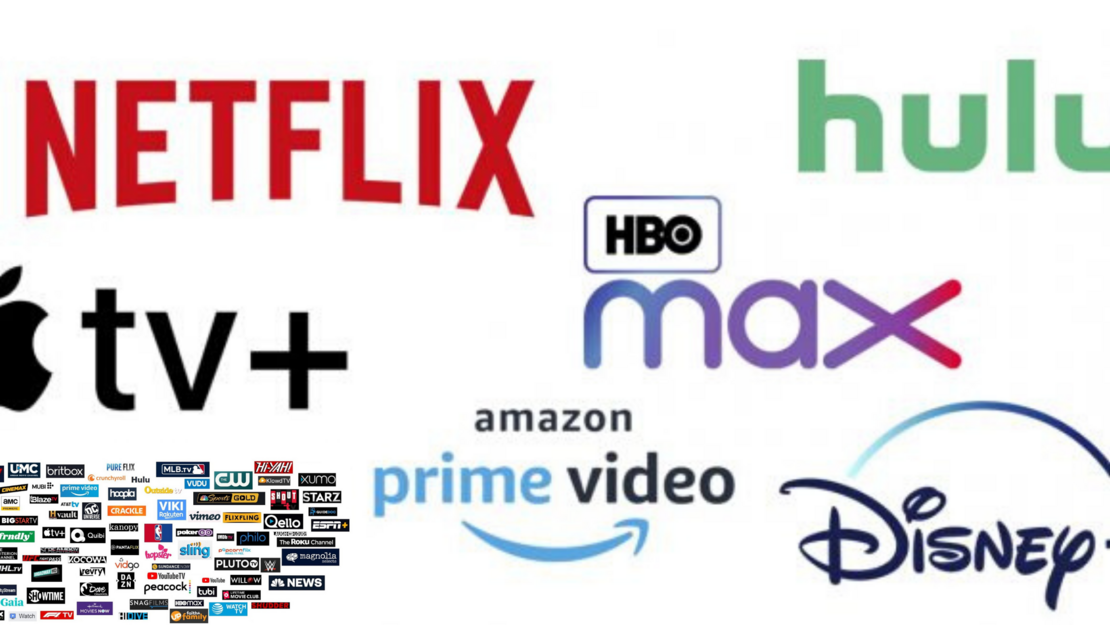Well, because those platforms will concentrate on their own brands as a market argument and series like "Friends" have been withdrawn from Netflix, for example - "Friends" is only available on Amazon since November. Although this seems a little surprising, as the 236 episodes, spread over ten seasons, are licensed by Warner Brothers and produced by HBO, which will soon launch its own channel. But you could say, anything that harms Netflix, is good for the others. Amazon, the second on-demand giant to date, has quietly and secretly become the largest aggregator. The firestick can be used to receive large streaming services – like Amazon and Netflix - as well as public TV stations or smaller specialists and niche providers. One could say, you will have to adapt to this system.
The golden age has been and is being proclaimed by analysts, who declared the following: Apple, Amazon, Netflix and Disney (HBO and various smaller platforms are still missing) have, according to their calculations, invested just over 50 billion dollars this year - more than all European TV stations together have or had available for this purpose (40 billion). With such a huge budget, it's easy to produce, unlike the classic broadcasters who face budget cuts, increased costs and recurring political discussions about fees. It seems like even the so-called private broadcasters are slowly realizing how quickly they have grown old. If the representative of an Austrian private broadcaster, which in reality belongs to the ProSiebenSat.1 Group, explains that they are now trying to monetize their range, the question of what range she means is allowed. The privately owned station ServusTV won’t have to deal with these problems, here, monetization refers to the amount that the owner has to pay monthly.
However, in this aspect the station differs in dimension from the party crashers Netflix and Amazon, which are known to finance their investments on credit. Amazon is successfully jumping on the bandwagon to show us how to become a market player without ever having made a profit - at least that's what's being spread, we won't know it exactly, because the owners are discreet about it. Neither Amazon nor the streaming platform are said to be in the black. Netflix is also dependent on so-called experts, but the mixture of market value, i.e. what the company is theoretically worth, and the shareholders makes it possible for Netflix to be allegedly in debt to the tune of more than 14 billion dollars - and to produce like hell. A study by Ampere Analysis in London claims that Netflix is currently developing around 250 formats (!), with the next ones in the ranking being around 100 formats, such as Fox or HBO. European broadcasters are not mentioned there at all, hence also not the ORF.
The ORF still has to put on a brave face when the politicians tell them once again that expenses have to be cut down. Although even financially less talented politicians should see that cutting down money will not result in more productions - program planners are already forced to make extensive use of the archive, nationwide - whether radio feature or TV documentary. The credo of Bruno Kreisky, who was said to have no sleepless nights because of a few million debts more, but rather due to an increase of unemployment, no longer applies today, and certainly not for the film industry. Although a few million debts would not cause the film makers and certainly not the ORF managers any sleepless nights, if those debts enabled to produce more Austrian formats in return.

